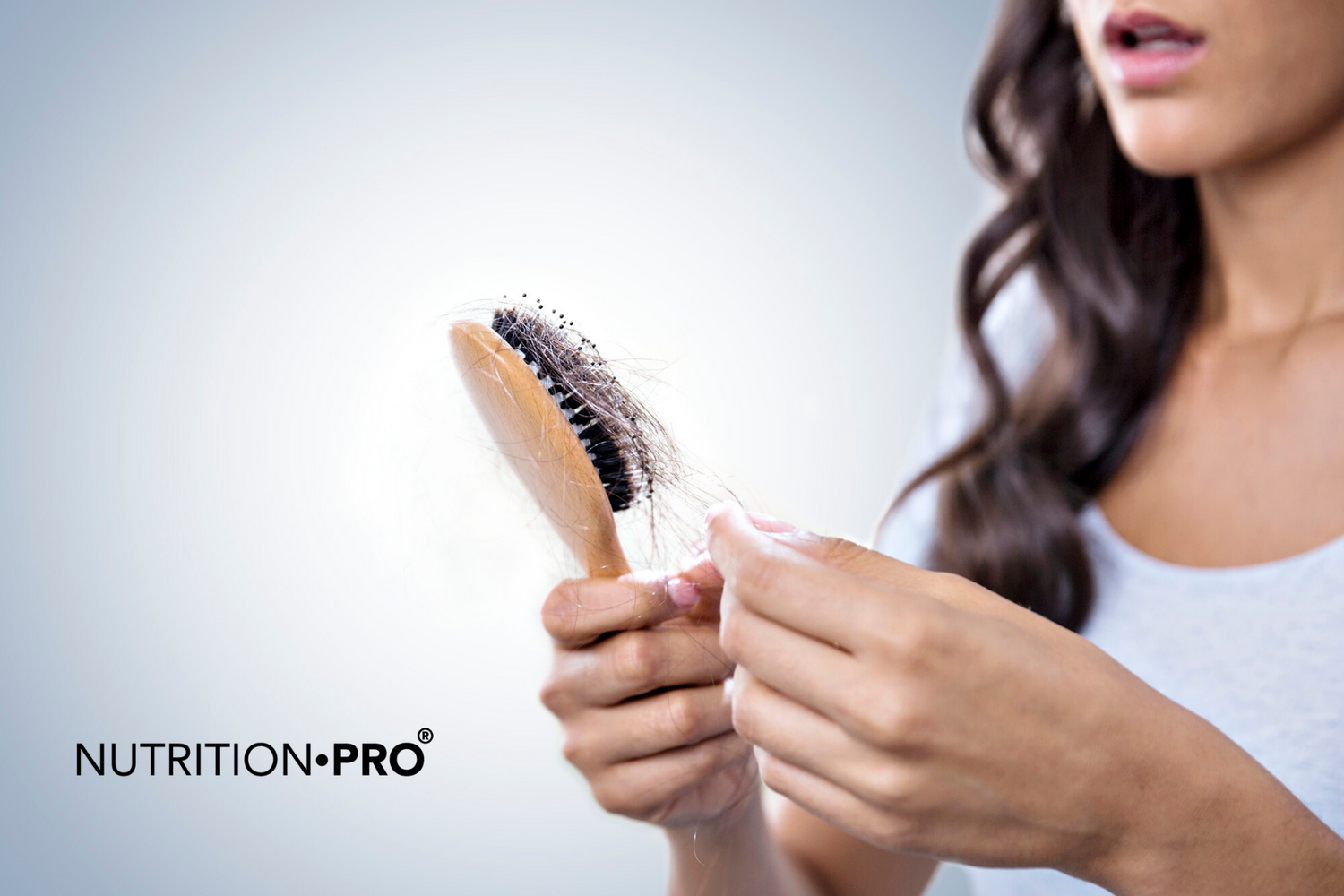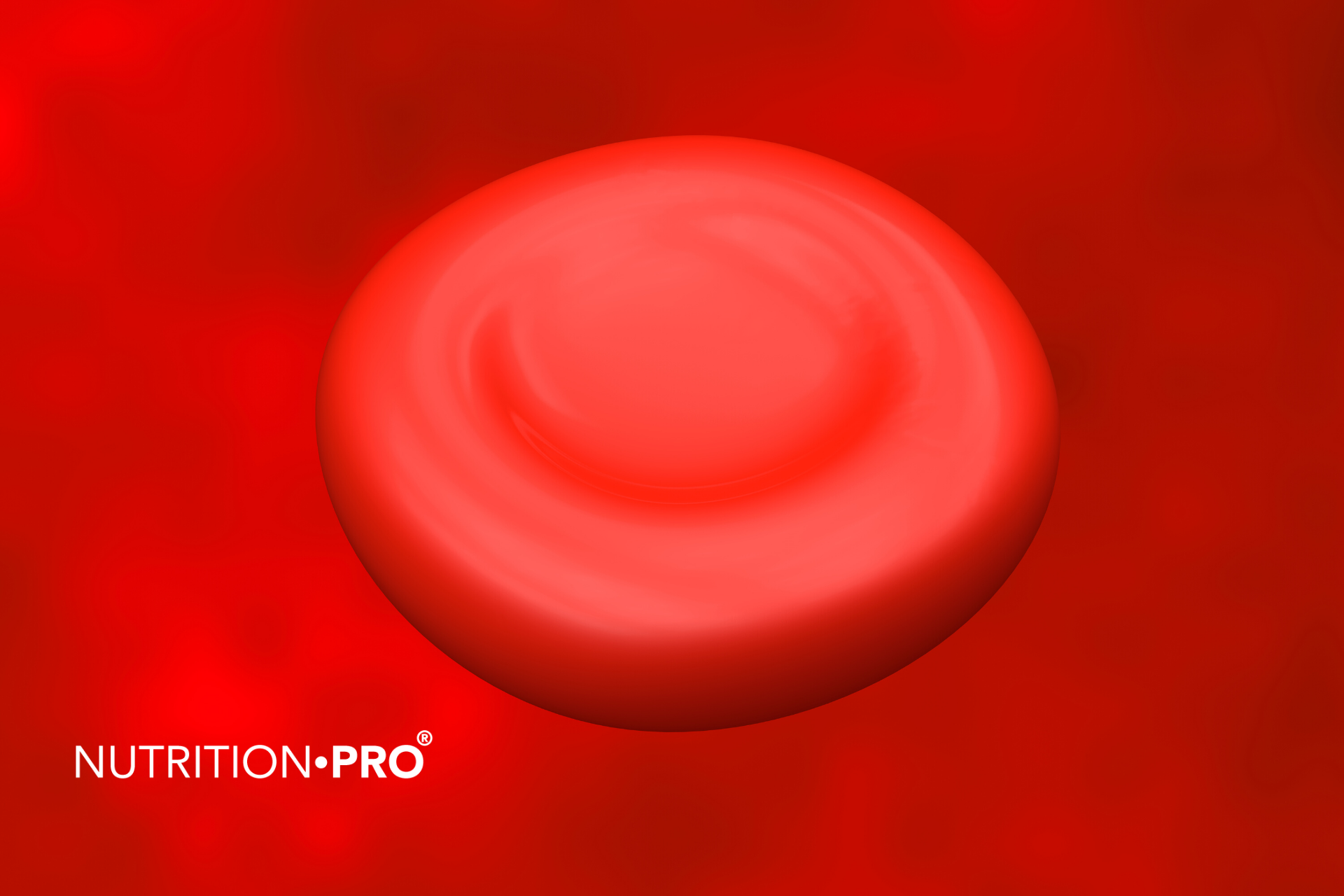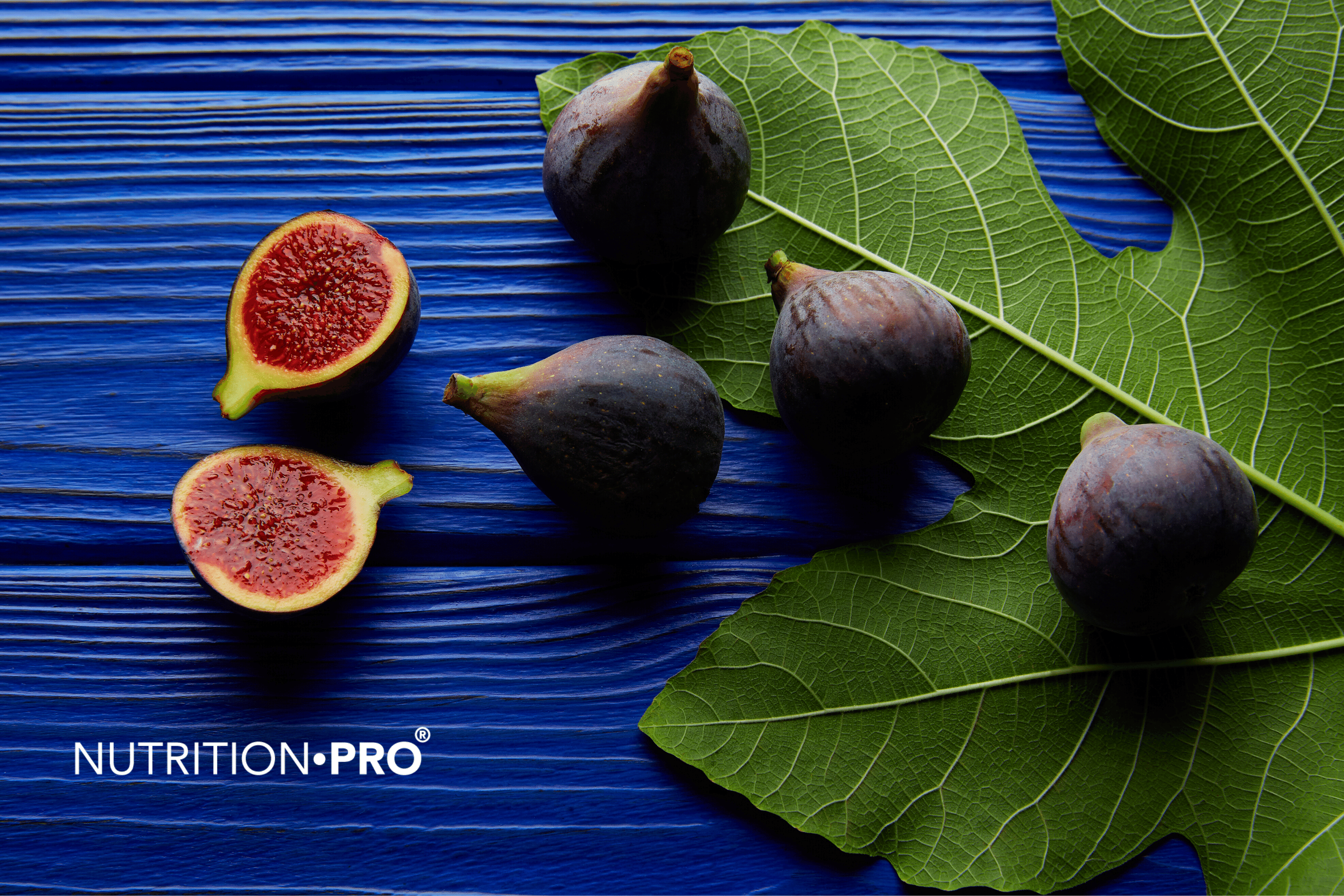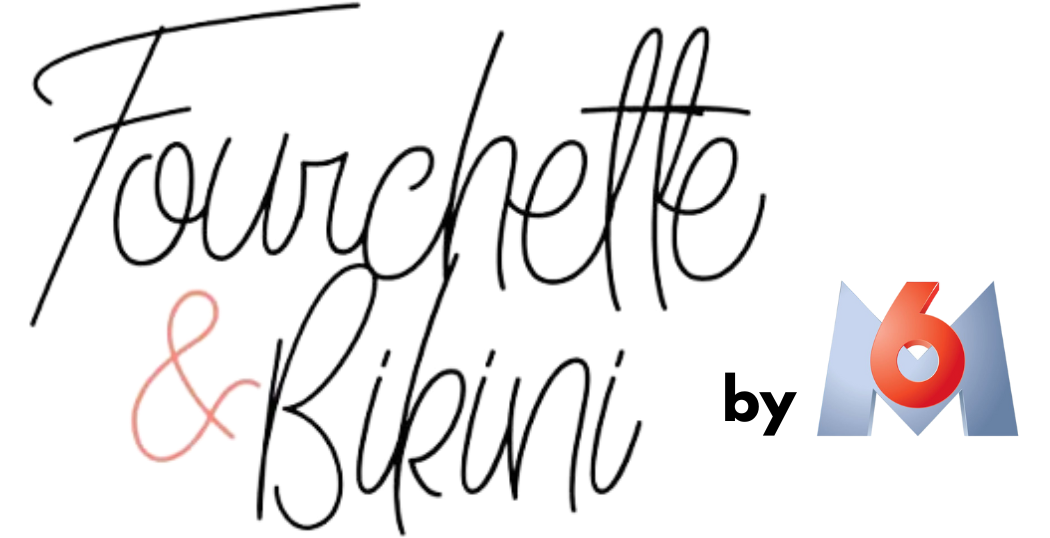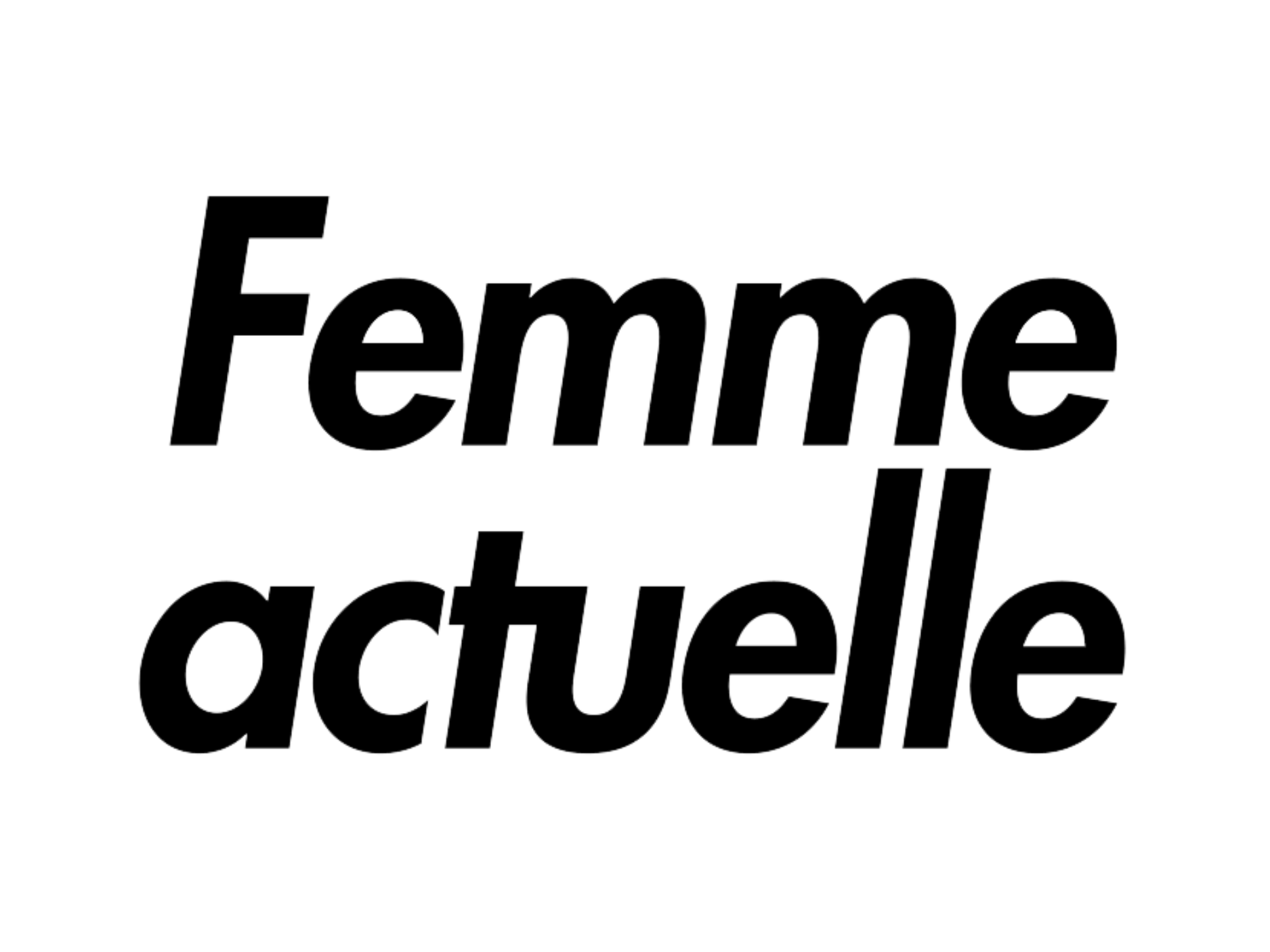There are many things you can do to slow or stop hair loss . But what to do depends on why you are losing your hair.
Some situations, such as hair loss after pregnancy (telogen effluvium), may resolve on their own. And remember that everyone sheds hair on a daily basis, which is perfectly normal.
It is when the hair loss is persistent that you should consult your doctor or dermatologist. Your healthcare professional may be able to diagnose whether your hair loss is caused by thyroid problems, stress, scalp infections, androgenic alopecia, or simply aging.
Food supplements to fight hair loss
The Sublimator ®
We have developed an exclusive and complete formula that contains all the essential elements for the good health of your hair.
It is composed of two sulfur -rich amino acids : L-methionine and L-cystine as well as MSM, a range of vitamins and minerals (including 7 group B vitamins including biotin) , PABA, yeast of beer, choline, horsetail, fucus and bamboo.
Multivitamins and minerals
Scientists have determined that vitamins A, B, C, D, iron, selenium, and zinc are all important for hair growth and retention processes, especially cell renewal.
Discover our Multivitamins and minerals
Vitamin D
A 2018 study demonstrates that vitamin D is associated with nonscarring alopecia. Treating deficiencies can help with regrowth. Talk to your doctor about taking 800 to 1000 IU per day.
Discover our 100% vegetable liquid vitamin D
ginseng
Ginseng contains certain phytochemicals that promote hair growth on the scalp. Further study is needed to recommend specific dosages.
Discover our organic red ginseng
What foods to eat to fight hair loss?
1. The Mediterranean diet
A study of 2018 y found that a diet containing raw vegetables and fresh herbs, such as the Mediterranean diet, can reduce the risk of androgenic alopecia ( female pattern baldness Where baldness male ) or slow its onset.
The best results were seen when participants ate large amounts of these foods - like parsley, basil, green salads - more than three days a week.
2. A protein-rich diet
Hair follicles are made up mostly of proteins called keratin. A 2017 study of 100 hair loss sufferers noted several nutritional deficiencies in participants, including amino acids that serve as the building blocks of protein.
Researchers have concluded that a high-protein diet can help prevent hair loss and cause hair regrowth . Healthy choices include foods like eggs, nuts, beans and peas, fish, low fat dairy products, chicken and turkey.
The best foods for hair growth
- Eggs : Eggs are an excellent source of protein and biotin, two nutrients that can promote hair growth. They are also an excellent source of zinc, selenium and other healthy hair nutrients. This makes it one of the best foods to eat for optimal hair health .
- Spinach : Spinach is packed with beneficial nutrients like folate, iron, and vitamins A and C, all of which can promote hair growth.
- Oily fish : Oily fish is also an excellent source of protein, selenium, vitamin D3 and B vitamins, nutrients that can help promote strong, healthy hair.
- Sweet potatoes : Sweet potatoes are an excellent source of beta-carotene. The body converts this compound into vitamin A, which is linked to healthy hair.
- Avocados : The vitamin E in avocados also protects areas of the skin, like the scalp, from oxidative stress and damage. Damaged skin on the scalp can lead to poor hair quality and fewer hair follicles.
- Nuts : Nuts also provide a wide variety of B vitamins, zinc, and essential fatty acids. A deficiency in any of these nutrients has been linked to hair loss .
- Acerola : Acerola is one of the richest fruits in vitamin C. Vitamin C promotes the production of collagen, which can help strengthen your hair strands. It is also a powerful antioxidant, which can protect hair strands against oxidative stress.
- Oysters: Oysters are one of the best dietary sources of zinc. Zinc is a mineral that helps support hair growth and repair cycle.
- Shrimp : Shrimp is a popular shellfish rich in many nutrients that have the potential to promote hair growth.
- Soy : Studies have shown that the compounds contents in the soy can promote hair growth.
- Meat : Meat is a staple in many people's diets and is rich in nutrients that can promote hair growth.
What treatments to apply and avoid to stop hair loss?
Regular washing
A very simple anti-hair loss action is washing your hair every day.
This can protect against hair loss by keeping the scalp healthy and clean. The key is to use a mild shampoo. Harsher formulas can dry out hair and break it, leading to hair loss.
coconut oil
According to one review of studies from 2018 , researchers believe that coconut oil can help prevent hair damage caused by grooming and exposure to ultraviolet (UV) light.
lauric acid present in coconut oil protects against breakage at the root and strand. Massaging coconut oil into the scalp can promote better blood circulation and help with regrowth.
Olive oil
Olive oil can be used to deeply condition hair , protecting it from dryness and associated breakage. Olive oil is also a central ingredient in Mediterranean diet , which may help slow down genetic hair loss .
Consider applying a few tablespoons of olive oil directly to the hair and letting it sit for 30 minutes before washing it out.
Castor oil
Castor oil is used in a variety of areas and known for its lubricating abilities. Created by pressing the seeds of the castor oil plant, it is a common ingredient in shampoos and conditioners due to its moisturizing properties, which can keep hair healthy.
nigella oil
Black Seed Oil naturally restores hair growth in thinning areas thanks to its high concentration of thymoquinone, a powerful antihistamine. This means that it is not thick like olive or coconut oil, and has additional therapeutic benefits.
Soft styling
Avoid tight braids or ponytails which can pull hair at the roots and potentially lead to shedding. While you're at it, let your hair air dry to avoid brittleness and scalp irritation. Heated appliances, such as curling or straightening irons, can also damage or break the hair shaft.
The scalp massage
We know scalp massage is nice, but can it also help your hair grow? Possible.
A small study showed that participants achieved results with as little as four minutes of massage per day for 24 weeks.
hair treatment
Chemical treatments, such as perms or hair coloring, can also damage the hair and scalp. Ask your stylist for alternatives, such as hair dyes organic and others that do not contain ammonia, peroxide or paraphenylenediamine (PPD).
Essential oils
Essential oils can help reduce hair loss.
Some essential oils to consider include cedar, lemon, lavender, lemongrass, and peppermint. Try mixing a few drops of any or all of these oils with a few tablespoons of a carrier oil, such as jojoba or grapeseed, and apply to the scalp for 10 minutes before washing off.
What are the medical treatments for alopecia?
laser therapy
laser therapy may be helpful for people with genetic hair loss and hair loss due to chemotherapy. This option is also called red light therapy and may work by stimulating epidermal stem cells.
Platelet Rich Plasma (PRP)
The injection of platelet-rich plasma in the scalp helps stimulate growth in areas already impacted by hair loss. The blood is passed through a centrifuge to separate the platelets, then injected into the scalp.
Why does hair fall out?
Our hair goes through a life cycle that involves growing, resting and shedding. It is common for people to lose approximately 100 hair per day.
If you experience a more sudden loss, you may want to see your doctor.
Some shedding is temporary and may respond well to changes in diet, certain treatments, or lifestyle changes. Other losses may be more permanent or may not stop until an underlying condition is treated.
By age 40, half of all men will experience hair loss due to inherited conditions like androgenic alopecia (male pattern baldness). Likewise, more half of women will experience genetic hair loss (female pattern baldness) before the age of 70.
Other causes of hair loss include:
- Nutritional deficiencies which are one of the main causes along with genetics .
- Medical conditions , such as alopecia areata , scalp infections or trichotillomania (hair pulling disorder).
- Hormonal changes due pregnancy, childbirth, menopause or thyroid problems.
- Medications or supplements , such as those used for cancer, high blood pressure, depression, or arthritis.
- Radiation therapy for diseases like cancer.
- Stress ( physical or emotional).
- The style , like wearing tight ponytails or braids.
In summary
Hair loss is a common phenomenon, especially due to baldness.
People looking for a treatment to help prevent or regrow hair have several potential options. The effectiveness of each option will vary from person to person.

